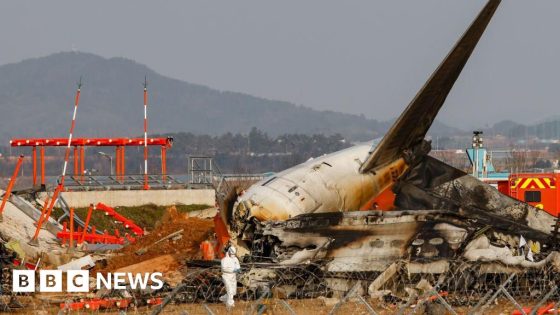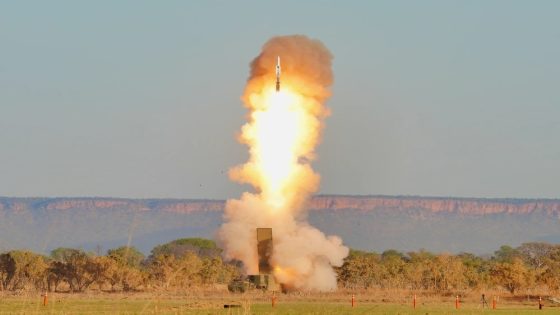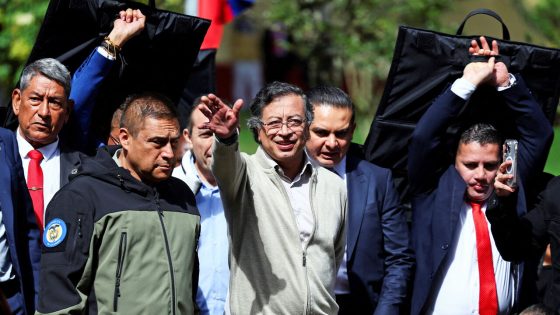An investigation into South Korea’s deadliest air disaster reveals that pilot error played a critical role in the tragic crash of Jeju Air Flight 2216. On December 29, 2025, the aircraft, carrying 181 passengers, crashed while attempting to land at Muan International Airport after a bird strike damaged one of its engines.
- Pilot mistakenly shut off wrong engine
- Jeju Air Flight 2216 crash details
- Investigation findings delayed due to protests
- Families demand fair investigation and transparency
- Concrete barrier contributed to crash severity
- Criminal complaint filed against Jeju Air CEO
Local media reports indicate that the pilot mistakenly shut down the wrong engine, leading to the devastating accident. The findings were initially scheduled for release last weekend but were postponed due to protests from victims’ families, who feel the investigation unfairly blames the pilot while ignoring other critical factors.
This tragic incident raises important questions about aviation safety and accountability. How can we ensure that such mistakes are prevented in the future? The investigation’s findings have sparked criticism for focusing solely on pilot error, which may overlook systemic issues within the aviation industry. Key points include:
- The pilot shut off the left engine instead of the damaged right engine.
- Families demand a comprehensive investigation that includes all contributing factors.
- Concrete barriers at airports are under scrutiny for their role in the accident.
As investigations continue, it is crucial for aviation authorities worldwide to learn from this tragedy to enhance safety protocols and prevent future accidents. Will the aviation industry take these lessons to heart?

































